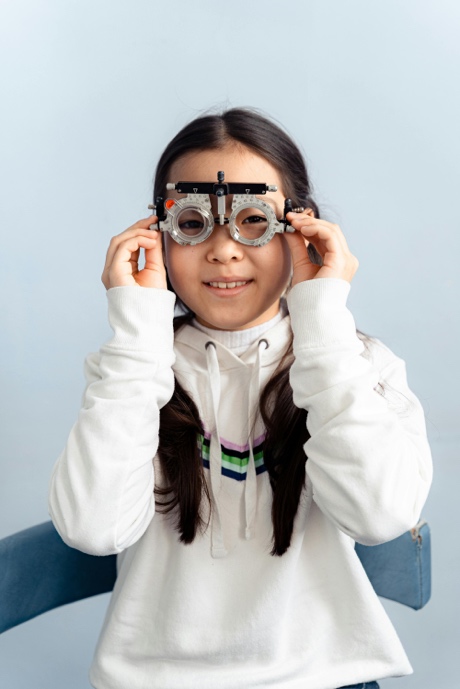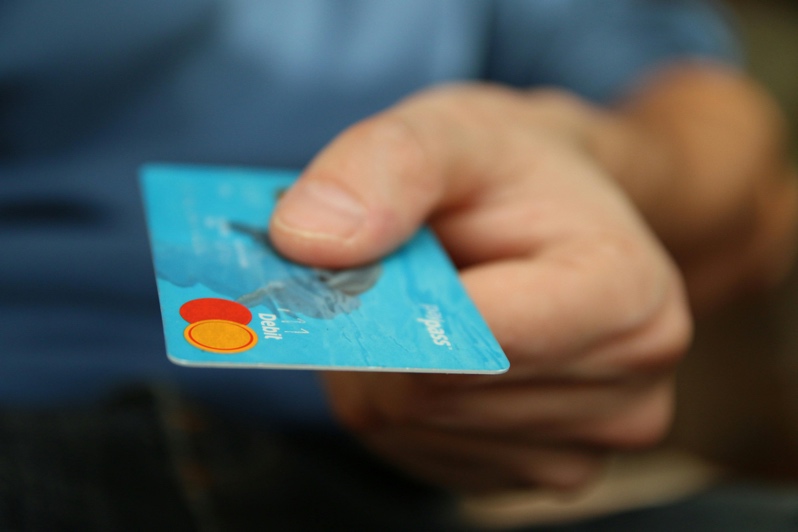
It’s very important to register at a GP surgery as soon as possible. GPs are doctors who work in community clinics called surgeries, or health centres. A GP can offer free medical advice, provide a diagnosis and prescribe medicines.
They might be your first point of contact for many physical and mental health concerns.
The GP practice is also responsible for coordinating and managing your long term healthcare and they can refer you if you need more specialised hospital services.
Everyone in the UK, including asylum seekers and refugees, is allowed GP care, free of charge. You do not need an address, proof of immigration status, or proof of ID to register.
To find out how to register with a GP, visit www.nhs.uk/register
To find your nearest GP, visit www.nhs.uk/service-search/find-a-GP
GP clinics are usually open from 8am to 6.30pm, Monday to Friday. You can make appointments by phone, in person and (sometimes) online. Appointments might be face-to-face or a phone call. If you need an interpreter, tell the receptionist when you book.
If you are having difficulty registering with a GP you can:
• Download a GP Access Card and show this to the GP receptionist. www.doctorsoftheworld.org.uk/gp-access-cards/
• phone NHS England (0300 311 22 33 ) or Doctors of the World (0808 1647 686) for help












